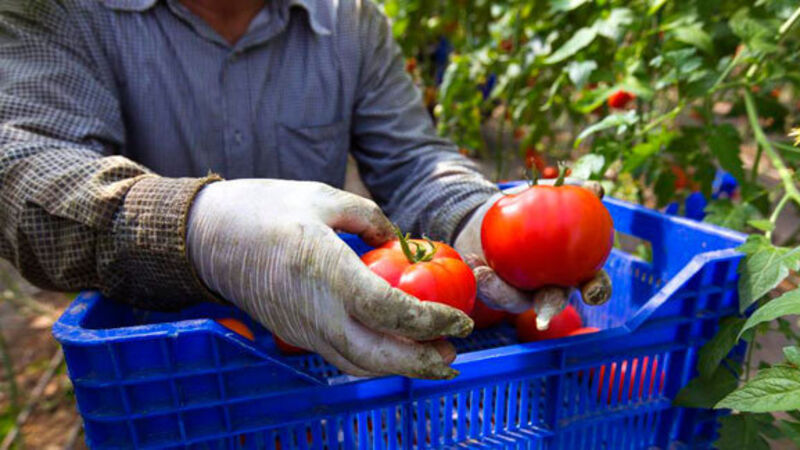Q&A: Growers must limit fresh produce contamination

The Food Safety Authority of Ireland (FSAI) has warned that fresh produce such as leafy greens; bulb and stem vegetables; tomatoes; melons; fresh pods, legumes or grains; sprouted seeds and berries, pose the highest risks to consumers, as outbreaks of foodborne illness associated with fresh produce increase.
In 2013, frozen berries caused 240 confirmed cases of hepatitis, with a probable 1,075 further cases across 11 European countries, including Ireland.










